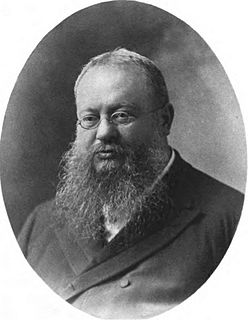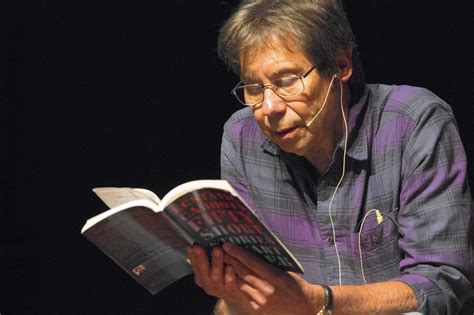A Quote by Susanne Katherina Langer
It is the historical mind, rather than the scientific (in the physicist's sense), that destroyed the mythical orientation of European culture; the historian, not the mathematician, introduced the "higher criticism," the standard of actual fact. It is he who is the real apostle of the realistic age.
Related Quotes
Culture is the name for what people are interested in, their thoughts, their models, the books they read and the speeches they hear, their table-talk, gossip, controversies, historical sense and scientific training, the values they appreciate, the quality of life they admire. All communities have a culture. It is the climate of their civilization.
Scientific culture created a framework within which individual mobility was possible without threatening hierarchical work-force allocation. On the contrary, meritocracy reinforced hierarchy. Finally, meritocracy as an operation and scientific culture as an ideology created veils that hindered perception of the underlying operations of historical capitalism.
In 'Labor Day Hurricane, 1935,' Douglas Trevor vividly recreates a historical event. While that is the only story in A THIN TEAR IN THE FABRIC OF SPACE in the historical past, many of the other stories juxtapose fact-both historical and scientific-with narration to an engaging effect, one that distinguishes the voice of this new writer.
Giving importance to what we think because we thought it, taking our own selves not only (to quote the Greek philosopher) as the measure of all things but as their norm or standard, we create in ourselves, if not an interpretation, at least a criticism of the universe, which we don't even know and therefore cannot criticize. The giddiest, most weak-minded of us then promote that criticism to an interpretation that's superimposed, like a hallucination; induced rather than deduced. It's a hallucination in the strict sense, being an illusion based on something only dimly seen.
Orientation in time, space, and status are the essentials of social existence, and the Balinese, although they make very strong spirits for ceremonial occasions, with a few startling exceptions resist alcohol, because if one drinks one loses one's orientation. Orientation is felt as a protection rather than as a strait jacket and its loss provokes extreme anxiety.
Other 'Christian' girls may watch the same movies, listen to the same music, wear the same clothes, and have all the same pop culture addictions as the rest of the world with just slightly higher morals tacked on. But God has called us to a higher standard-the very standard of Jesus Christ. And I believe it's time we become worthy of the calling we have received.
When you're dealing with a symbol in a realistic play, it is also a realistic fact. You must expect the audience's mind to work on both levels, symbolically and realistically. But we're trained so much in pure, realistic theater that it's difficult for us to handle things on two levels at the same time.









































